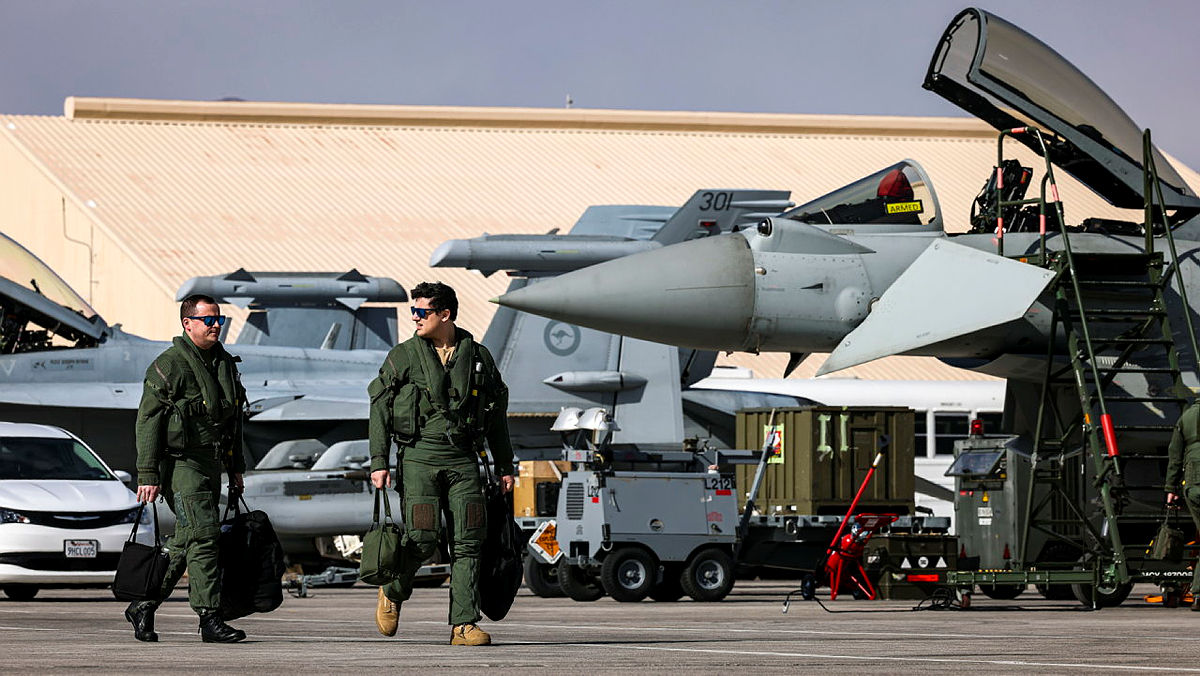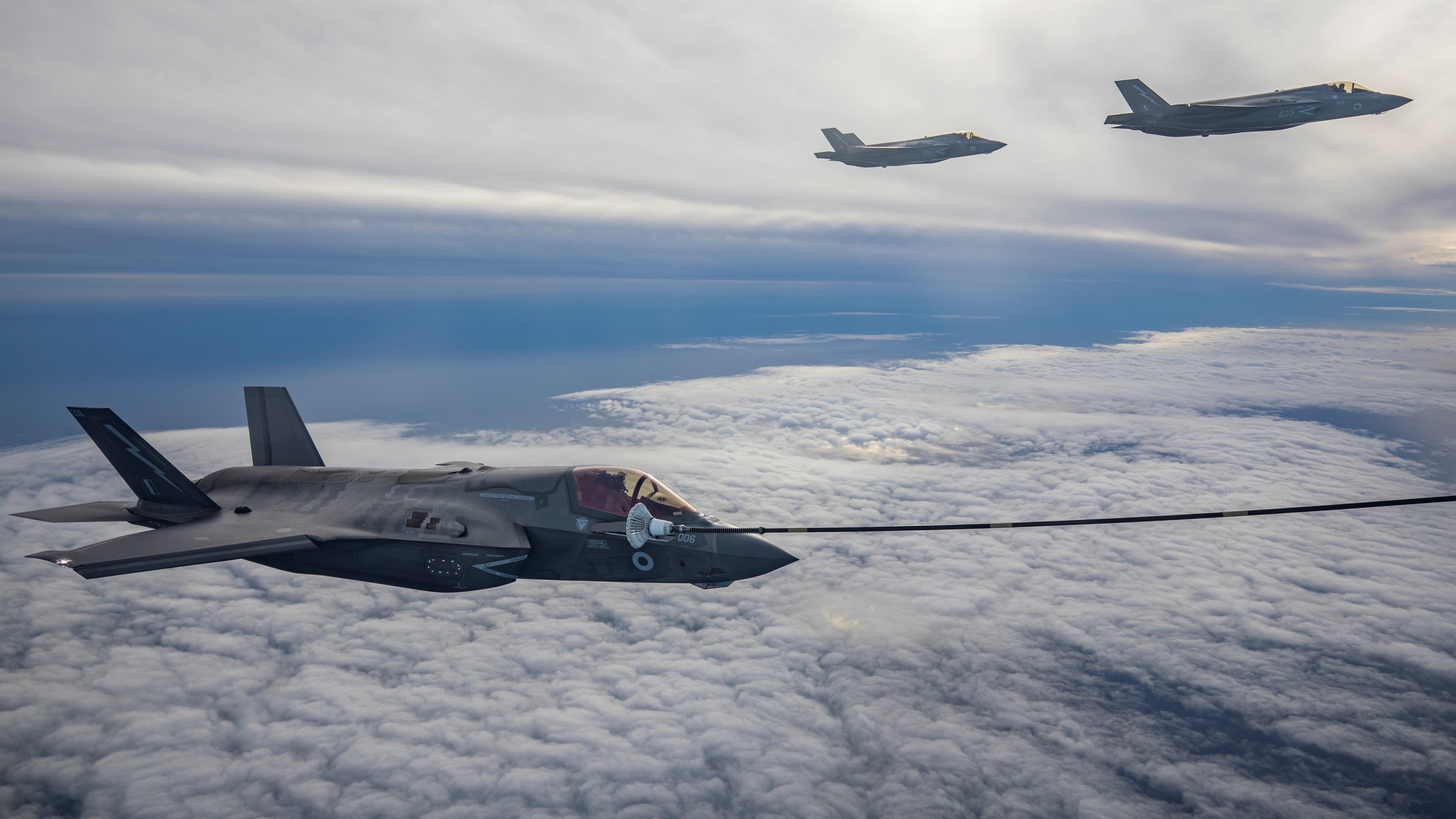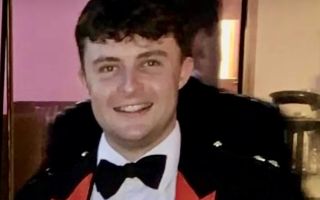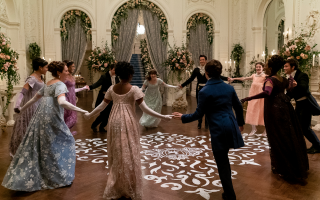
Insufficient pilots claim is nonsense as all operations have enough aircrew, says RAF

The RAF has said it is "nonsense" to claim there are not enough aircrew and has insisted that operations are going ahead as planned.
According to a report in the Mail Online, candidates who had previously been overlooked are being asked to re-apply for training to make sure there are adequate numbers of pilots to keep aircraft in the sky.
It said this followed a recruitment drive that aimed to boost the numbers of women and ethnic minorities in the RAF, a move that was ruled illegal by an official inquiry in 2023 as it discriminated against white male pilot recruits.
But an RAF spokesperson was quick to deny the report.
"These claims are nonsense. We have sufficient pilots and aircrew to conduct all current operations and service the frontline," they said.
"The past RAF recruitment discrimination issue has no relevance to pilot training or recruitment.

"We have made good progress in improving the flying training system which has enabled us to reopen aircrew applications for serving personnel."
Allowing other branches to apply to transfer to aircrew roles always used to be available in the RAF.
And adequate pilots and aircrew mean that in addition to conducting operations there are also sufficient numbers to service the Operational Conversion Units - training units that prepare aircrew for operations on a specific aircraft type or role.
The Mail report also suggested pilots were taking seven years to train because of the time taken up training other pilots from nations like Saudi Arabia.
But the RAF spokesperson added: "These improvements have reduced training times and shortened the backlog of student aircrew in the training pipeline."
There was a flying training backlog in the past, but training times have got quicker, meaning the RAF has been able to get more aircrew through the system.
The training of a new-entry pilot is scheduled to take less than three years at the moment.
Phase One training typically takes 24 weeks with initial officer training at RAF Cranwell.
A would-be pilot then does 27 weeks of Phase Two training - elementary flying training with the Tutor or Prefect aircrraft.
Phase Two training then continues for up to another two years depending on the type of aircraft the pilot will end up flying.
This can be fast jet training at RAF Valley (two years), Multi-Engine training at Cranwell (10 months), Rotary Wing training at RAF Shawbury (18 months) or RPAS (remotely piloted aircraft system - a drone) training at RAF Waddington (nine months).






